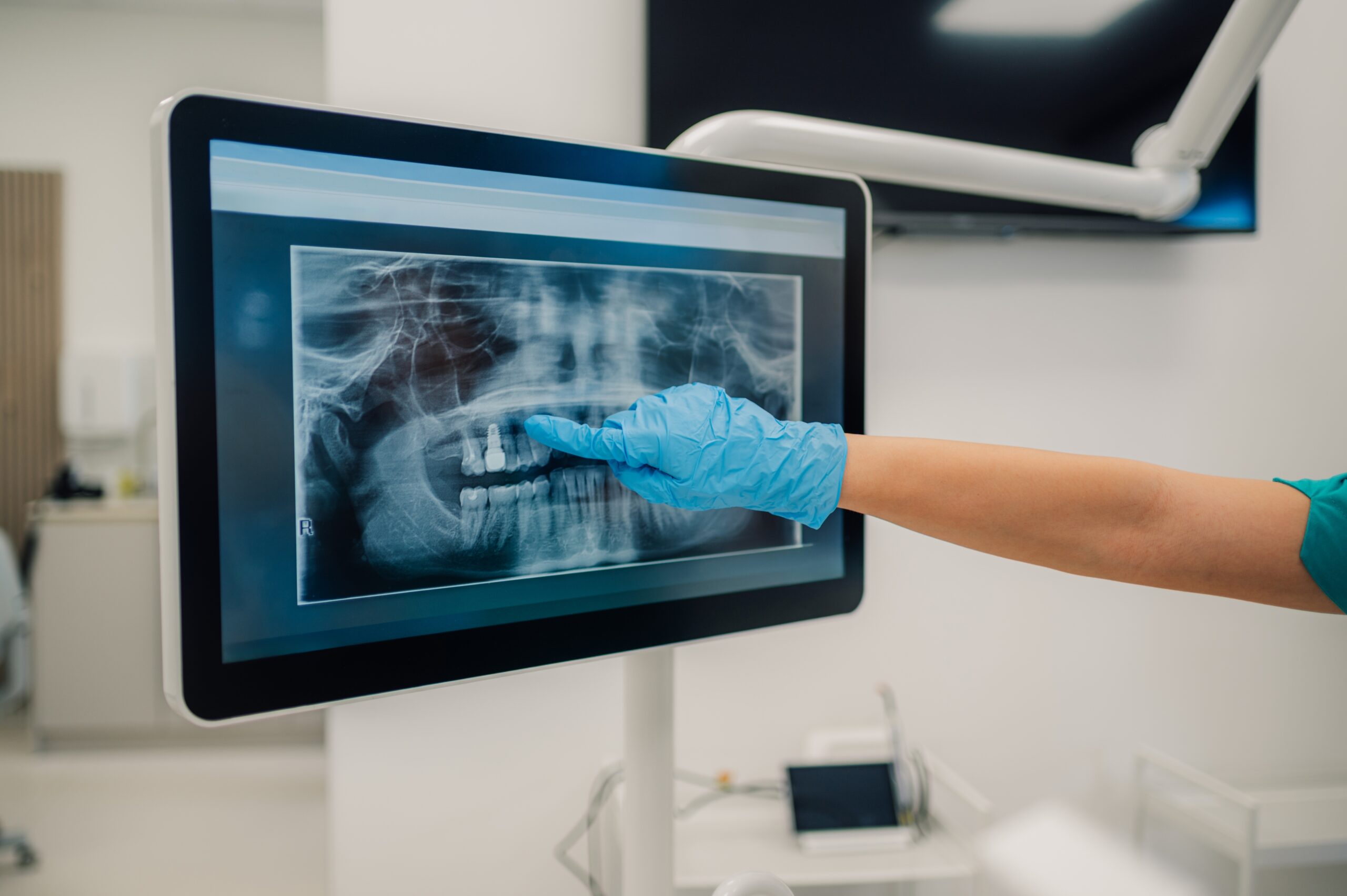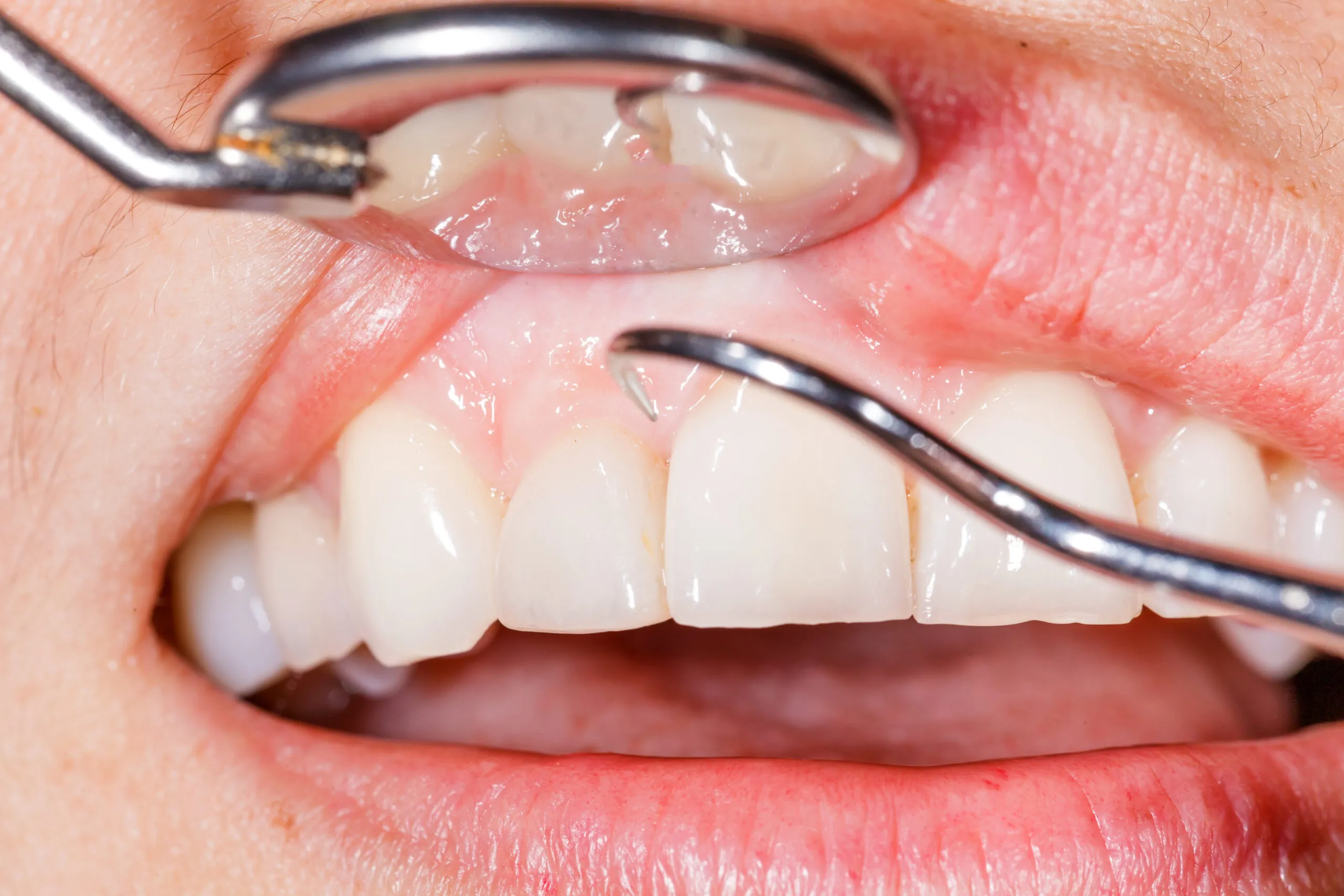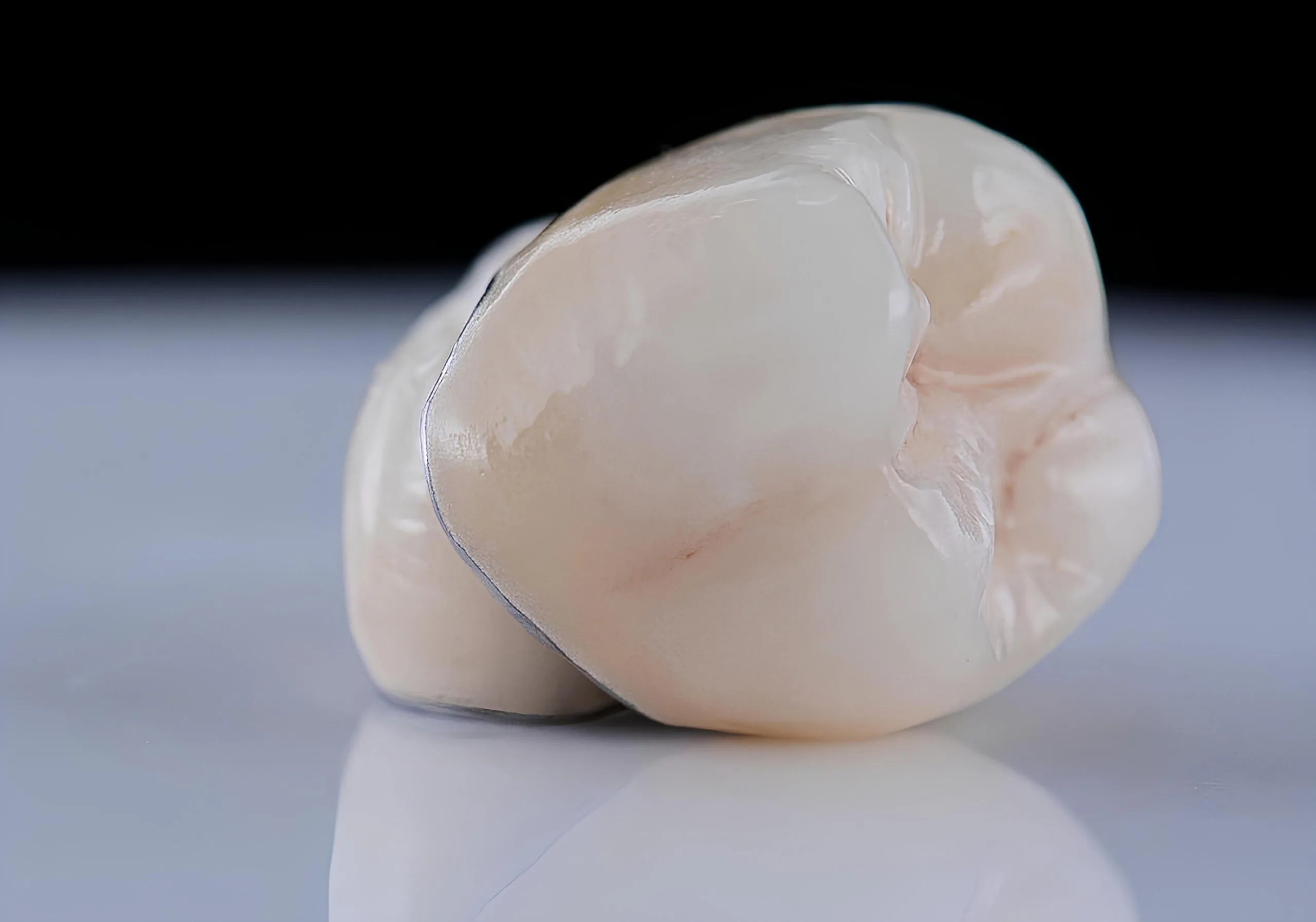Ever wonder why we rarely catch a glimpse of the teeth of our founding fathers, or of anyone depicted in the art of that era? It was hardly customary to smile while snapping selfies in the 1700’s. That’s likely because artists could take up to a year to finish a portrait (imaging the cheek cramps holding a smile that long!). Plus, a face displaying 18th century dental work was nothing to immortalize on canvas.
George Washington’s was no exception. He suffered poor dental health his entire adult life. He lost an average of one tooth a year for decades until, at his inauguration, he had but one tooth remaining. Throughout the years, including those spent fighting the British, General Washington regularly ordered dental appliances, tooth scrapers, and painkillers in his battle for oral health. But alas, the revolution’s greatest general was destined lose the war to save his smile.
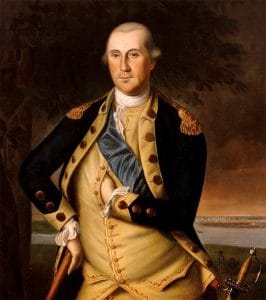
Not only were these teeth somewhat difficult to look upon, their heavy springs required Washington to clinch his jaw in order to close his mouth. So, not only did the heavy dentures cause is lips to protrude, over time they also caused his jaw to become heavy and misshapen. The face we have come to revere as that of the “Father of our Country” was shaped, in part, by the painful personal battle so few knew he was fighting. As one might understand, these dental problems made President Washington self-conscious and reticent to speak in public; Imagine the great speeches never delivered because of the extraordinary effort required for him to even talk.
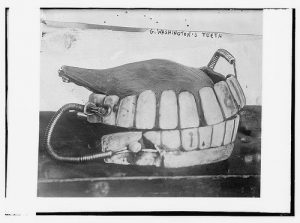
These two centuries later, the art of restoring dental health brings confidence and comfort to millions. From simple cosmetic procedures that enhance smiles, to full restorations of entire sets of teeth, Harris Dental is helping patients live life to the fullest with excellent oral health. If ever you find yourself shy to smile in a selfy, or reticent to speak in public because of dental concerns, please let us help. Don’t rob yourself and those you love of the joy of sharing smiles with you.
CONTACT HARRIS DENTAL:
LOCATION (TAP TO OPEN IN GOOGLE MAPS):




